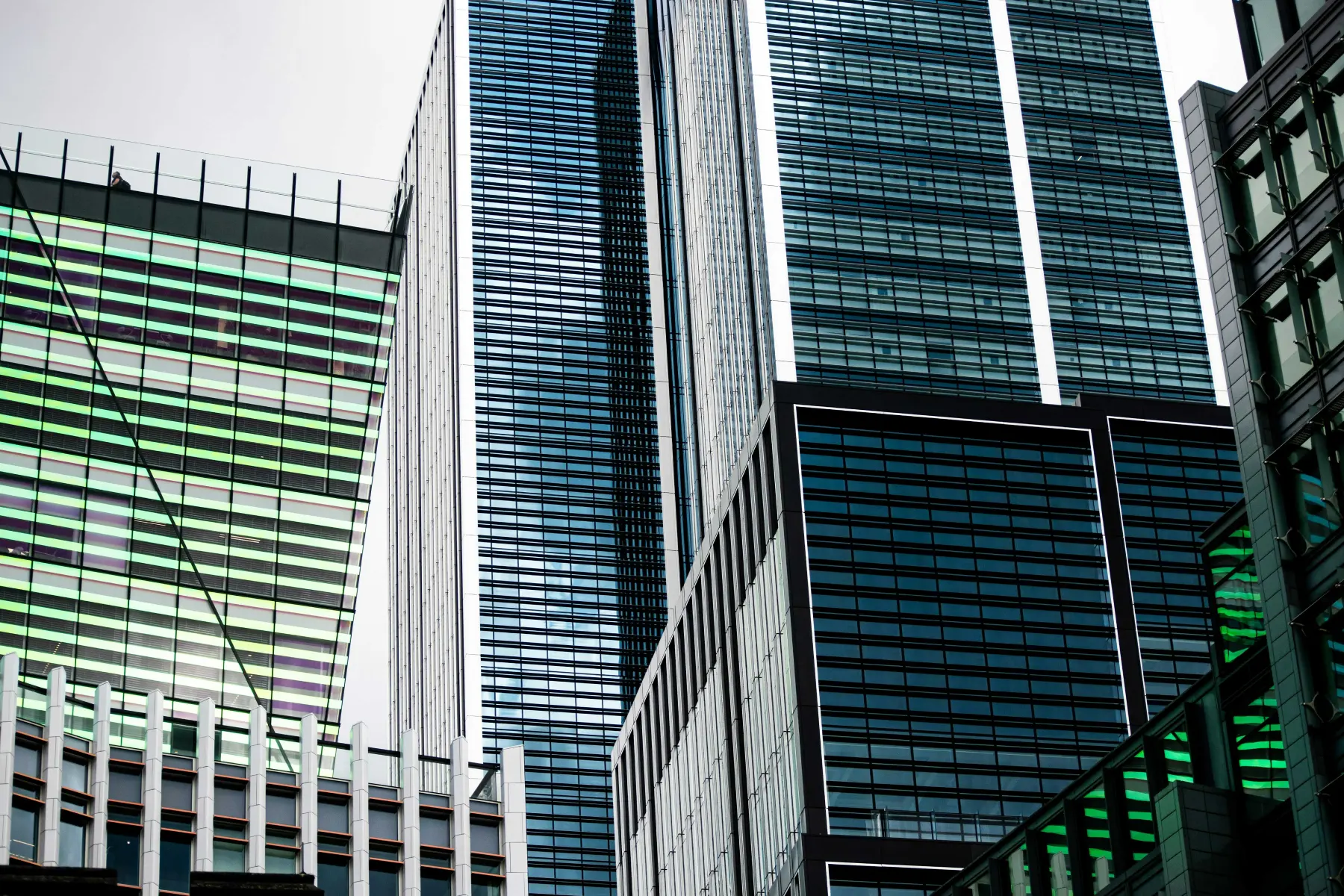Designing Your Commercial Fire Alarm System
.webp)
A reliable fire alarm system is an essential early warning system for any commercial property in Essex.
It gives people time to escape safely. It is a critical component of your overall fire safety strategy, working tirelessly behind the scenes to detect potential dangers and alert everyone in time. Designing such a system is not a simple matter of picking something off the shelf. It requires careful consideration, expert knowledge, and a tailored approach to suit the unique characteristics of your building and its occupants.
Understanding Your Building's Needs
The first step in designing any effective fire alarm system is to truly understand the environment it needs to protect. Every commercial building in Essex is different, whether it is an office, a warehouse, a school, or a retail shopping centre.
Occupancy and Usage
Consider who occupies your building and how it is used. Are there many people, like in a busy office or a retail space? Are there vulnerable occupants, such as children in a school or patients in a care facility? The number of people, their familiarity with the building layout, and their mobility will significantly influence the alarm system's design and evacuation procedures. A voice alarm system can be very beneficial in providing clear instructions to large groups.
Building Structure and Layout
The physical structure of your property plays a large part. Is it a multi-storey building with complex layouts, or a large, open-plan space? The size, number of floors, presence of mezzanines, and compartmentalisation will all dictate the placement and type of detectors and alarms needed. You will need to consider things like escape routes and how quickly people can exit the building.
Potential Fire Hazards
What are the likely sources of fire within your premises?
Are there kitchens with cooking oils, requiring Class F fire extinguishers and specific detection?
Are there areas with flammable liquids or gases?
Do you have heavy machinery that could generate heat or sparks?
Different hazards produce different types of smoke or heat, which means different types of detectors are more effective. For instance, carbon monoxide detectors can be linked to modern systems.
Components of a Modern Fire Alarm System
Modern fire alarm systems are quite clever, with various components working together to provide comprehensive protection.
Detectors
Smoke Detectors: These are common and effective for detecting fires that produce smoke, such as those involving paper, wood, or plastics. They come in various types, including ionisation and optical (photoelectric) detectors, each suited to different smoke characteristics.
Heat Detectors: Ideal for areas where smoke detectors might cause false alarms, such as kitchens or dusty environments. They activate when a specific temperature is reached or when there is a rapid temperature rise.
Carbon Monoxide Detectors: Essential for detecting the presence of this invisible, odourless, and toxic gas, often produced by incomplete combustion.
Multi-Sensor Detectors: These combine different detection technologies, like smoke and heat, into a single unit, providing more accurate and reliable detection while reducing false alarms.
Alarm Devices
Sounders and Bells: These produce a loud audible alert to warn occupants of a fire.
Voice Alarm Systems: As mentioned, these provide clear, pre-recorded or live instructions, which can be particularly effective in large or complex buildings, guiding people calmly to safety.
Visual Alarms (Strobes): Flashing lights are crucial for noisy environments where audible alarms might be missed, or for people with hearing impairments.
Control Panel
The control panel is the central hub of the fire alarm system. It receives signals from detectors, activates alarms, and often communicates with external services. Modern addressable systems can pinpoint the exact location of a fire, allowing for quicker response. Some systems can even automatically call the fire brigade.
Designing Your System
Once you understand your building's needs and the available technology, the design process begins. It is worth getting expert advice on this. A professional can help you design a system that is right for your needs.
Regulatory Compliance
In the UK, fire safety is governed by the Regulatory Reform (Fire Safety) Order 2005. This piece of legislation puts the responsibility squarely on the "responsible person" to ensure fire safety. Your fire alarm system design must comply with all relevant British Standards, such as BS 5839, which provides guidelines for the design, installation, commissioning, and maintenance of fire detection and fire alarm systems.
Integration with Other Systems
A truly effective fire alarm system often works in conjunction with other safety systems. This could include integrating with emergency lighting, automatic door release mechanisms (especially for fire doors), or even directly with sprinkler systems or other fire suppression systems. This integrated approach ensures a coordinated response in an emergency.
Scalability and Future-Proofing
Consider your business's plans. Are you likely to expand, change the building's layout, or alter its usage? Designing a system that can be easily expanded or adapted will save you time and money further down the line.
Installation and Ongoing Maintenance
Even the most perfectly designed system is only as good as its installation and ongoing care.
Professional Installation
Having a professional install your fire alarm system ensures that it functions as intended and complies with all regulations. This is a complex task that requires specific expertise to position detectors correctly, wire the system safely, and configure the control panel for optimal performance.
Regular Maintenance and Testing
Regular testing and maintenance are essential. You do not want to find out your alarm does not work when you need it most. Keep a record of your tests, and make sure any faults are fixed promptly. Your fire alarms need regular inspections and maintenance. Consider having a maintenance contract with a reputable fire safety company. They can take care of all the necessary checks and tests, giving you peace of mind. This ongoing vigilance ensures your system is always ready to protect your business.
A Partner in Fire Safety for Essex Businesses
Designing a commercial fire alarm system requires a clear understanding of your specific needs, the various technologies available, and the intricate details of regulatory compliance. It is an investment in the safety of your people and the security of your property.
At Magni Fire, we specialise in providing tailored fire safety solutions for commercial properties across Essex. Our expert team can guide you through the entire process, from initial assessment and system design to professional installation and ongoing maintenance. We ensure your fire alarm system is not only compliant but also perfectly suited to your unique operational needs, giving you peace of mind.
Ready to design or upgrade your commercial fire alarm system in Essex? Contact us today to speak with our experts and ensure your workplace is fully protected.




